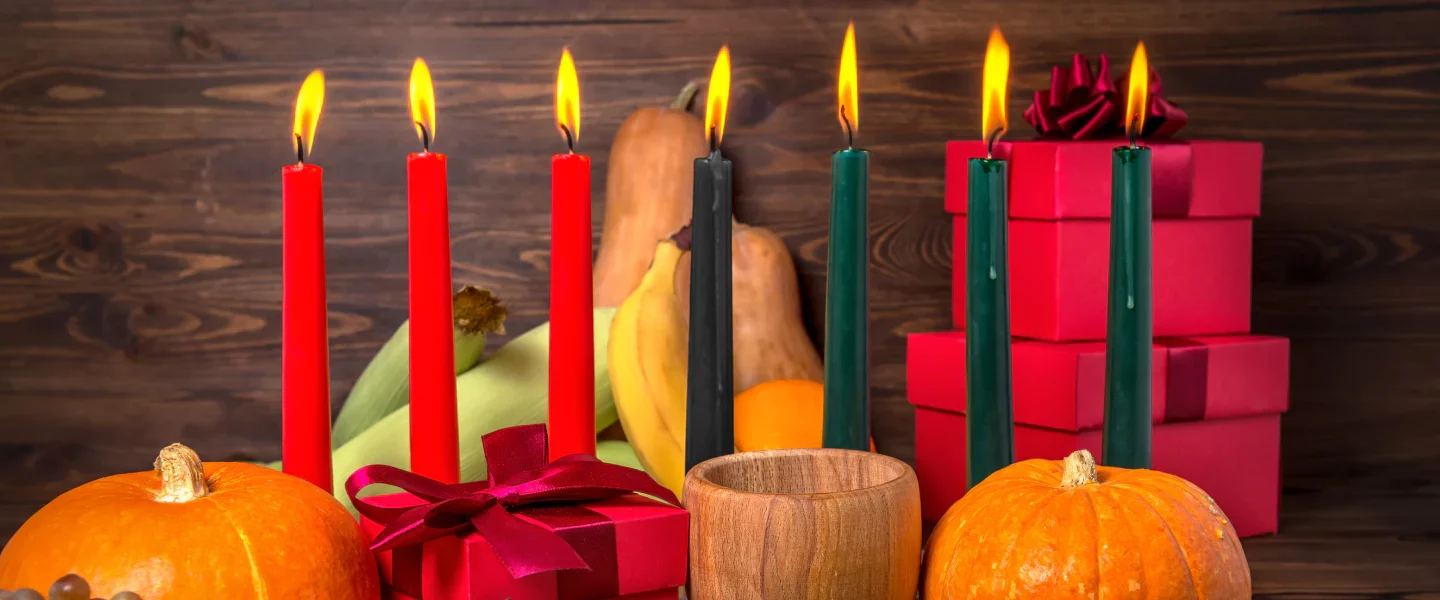Christmas is a joyous and special time for many people around the world, including Kenyans. For many of those in the diaspora, Christmas is a time to reconnect with family, share stories, enjoy home-cooked food and cherish old traditions. Those with the upper hand and resources will travel back home to meet families at the end of the year. Even so, those with more to spend during the festing season will invite their relatives over to their Western host countries in order that they too could experience some of what the West has to offer.
The diversity of the Kenyans is beyond description. Members of their traditionally rich and resilient culture which influence is felt across the East African subregion and afar will celebrate the holiday in their traditional ways, while many of those in the diaspora who culture have been influenced by the Western lifestyle will combine their traditional holiday with a bit of the host countries, a way of showing fairness and respect for both cultures.
At the end of every year, the renounce Kwanzaa tradition is also enjoyed by Kenyans. Kwanzaa is celebrated in many parts of the African diaspora, including the United Kingdom, Canada, the United States and Australia. Throughout the Kwanzaa, families and friends come together for seven long days of cultural celebration, to honour the African heritage and diasporic culture through reflection and unity. Each day of Kwanzaa has a unique theme and central principle, such as self-determination, collective work and responsibility.
Additionally, celebrants light seven red, black, and green candles known as the Kinara, which represents the seven principles of Kwanzaa and the seven African principles of family and community along with cultural and spiritual values. Kwanzaa is often viewed as an alternative to Christmas. While that may be true for some, many individuals and families celebrate both Kwanzaa and Christmas at the same time. This is especially important for Kenyans who are looking to stay connected to their culture and homeland.
Kwanzaa was created by an African-American professor and activist Maulana Karenga in 1966 as a way to connect African Americans from different religious and cultural backgrounds to their African roots and heritage. Unlike Christmas or Chanukah, Kwanzaa is a culturally based holiday and does not have a religious component, which may explain why it can be embraced by people of different backgrounds.
Another way Kenyans celebrate Christmas in the diaspora is by gathering for festive meals and drinks. Kenyans abroad often host large celebrations, with food and drinks that reflect their own Kenyan heritage. Roasted turkey and goats, vegetable soup, lamb chops, fried bread, and chapati are some of the traditional dishes served during a Kenyan Christmas feast. Non-alcoholic beverages like buchupani are an important part of the festivities, symbolising abundance and prosperity. The celebrations during this time may consist of traditional ceremonies of music and dances, spoken word performances, artistic exhibitions, and even African-style feasts as Kenyans loved to enjoy this kind of quality time with family and friends.
Some Kenyans in the diaspora have a mode their Christmas traditions to reflect their new homes. For example, during the season, children often exchange gifts with their families on Christmas morning. This is a tradition borrowed from British and American culture, but it is now an important integral of the diaspora’s Christmas celebration. No matter where they are in the world, Kenyans are always able to celebrate the festive season in a way that celebrates their heritage and reconnects them with their culture. They can bring the family feasts, Kwanzaa ceremonies and other traditional customs to the festivities, and can add their own spin to make the holiday season even more memorable.
The Relevant of Kwanzaa to the African in the diaspora and African American can never be over emphasise. It gives the people the opportunity to honour their roots and cultural background as they come together in unity in a midst of a divided and discriminatory society. It celebrates their identity, traditions, and shared heritage and draws attention to the strength and resilience of the African diaspora. It creates the time for people to learn about and appreciate their African roots, to reflect on African values, and to promote Pan-African unity. Kwanzaa is a reminder of the importance of the community, connectedness, and fellowship, which is something we can all appreciate this holiday season. Happy Christmas and Happy Kwanzaa to you all.

